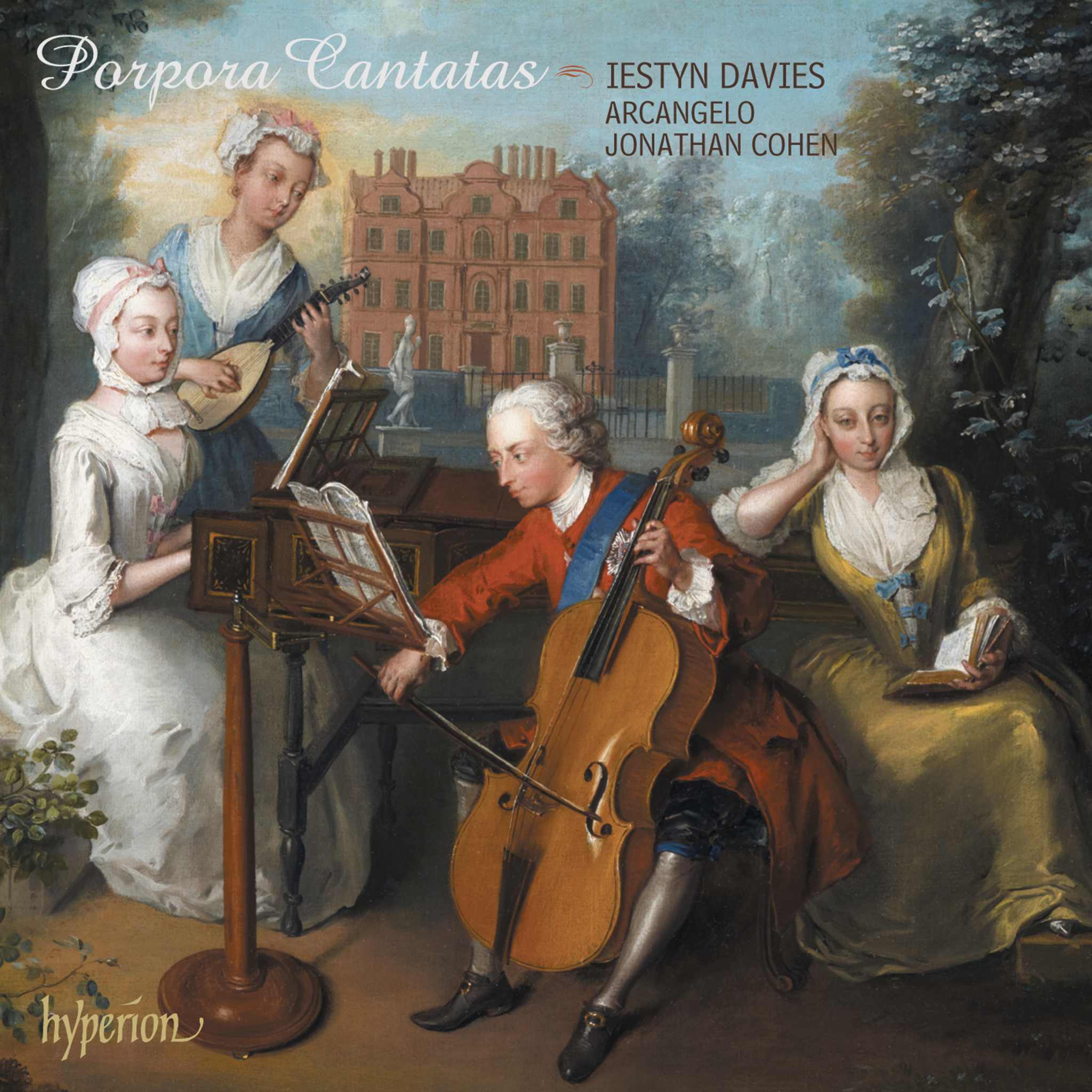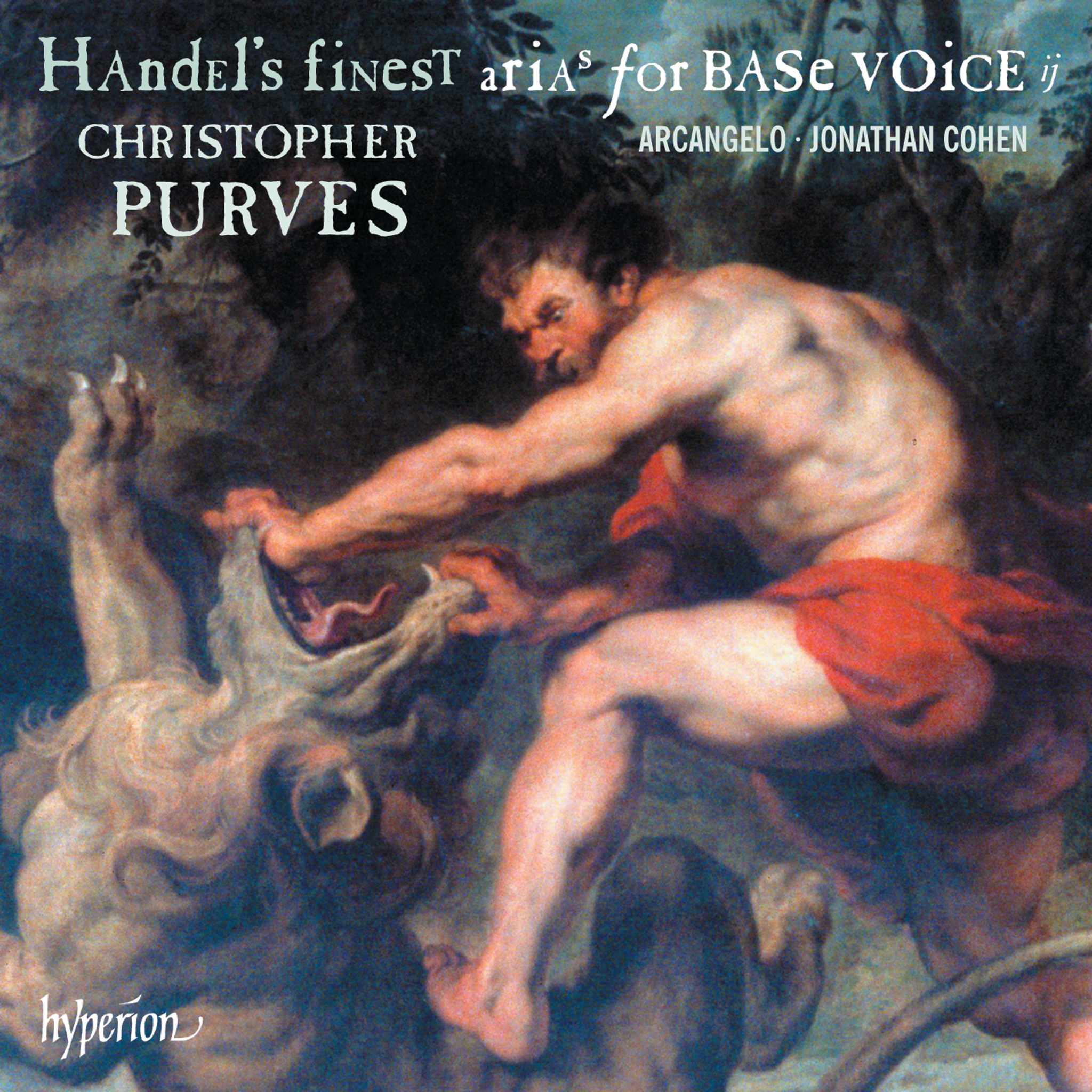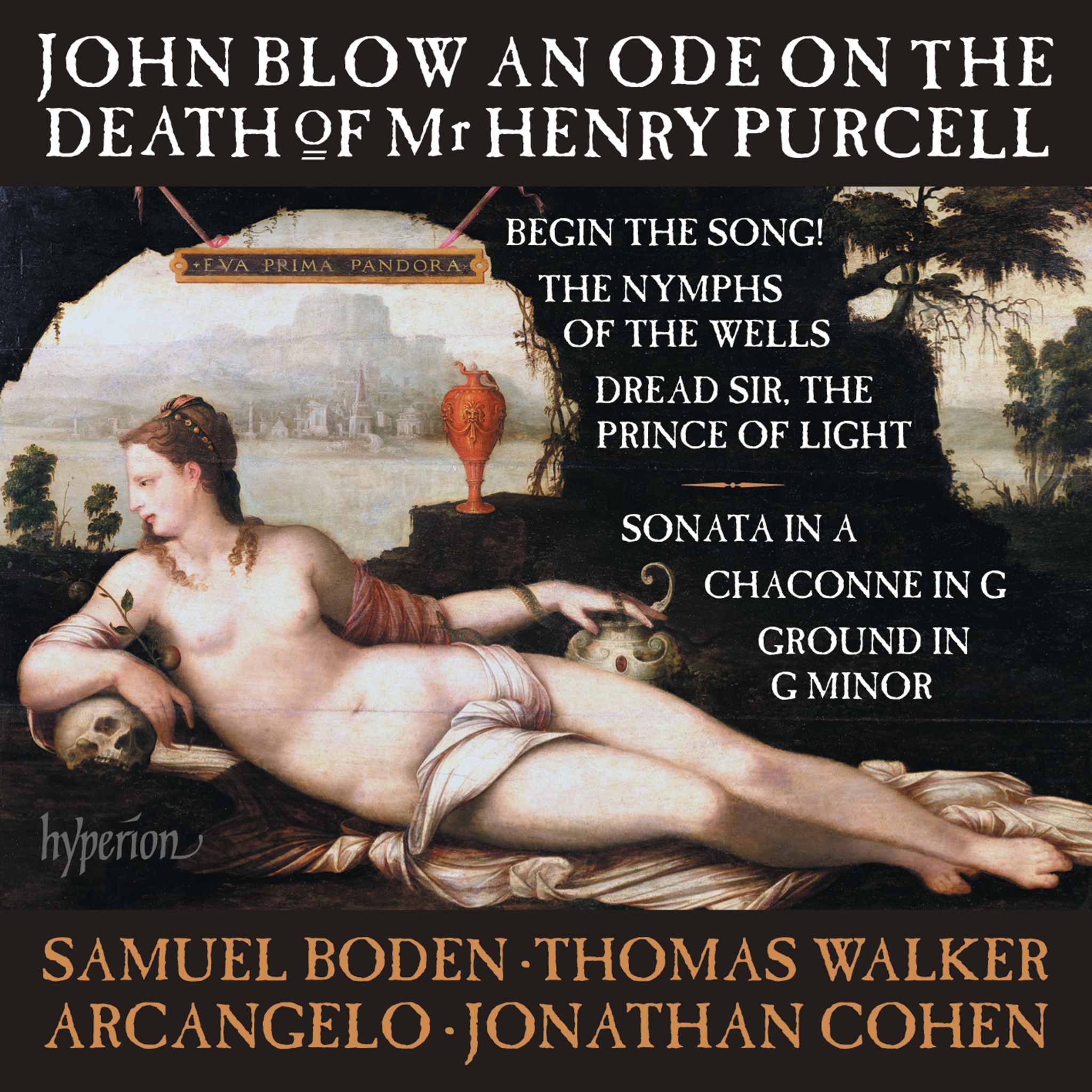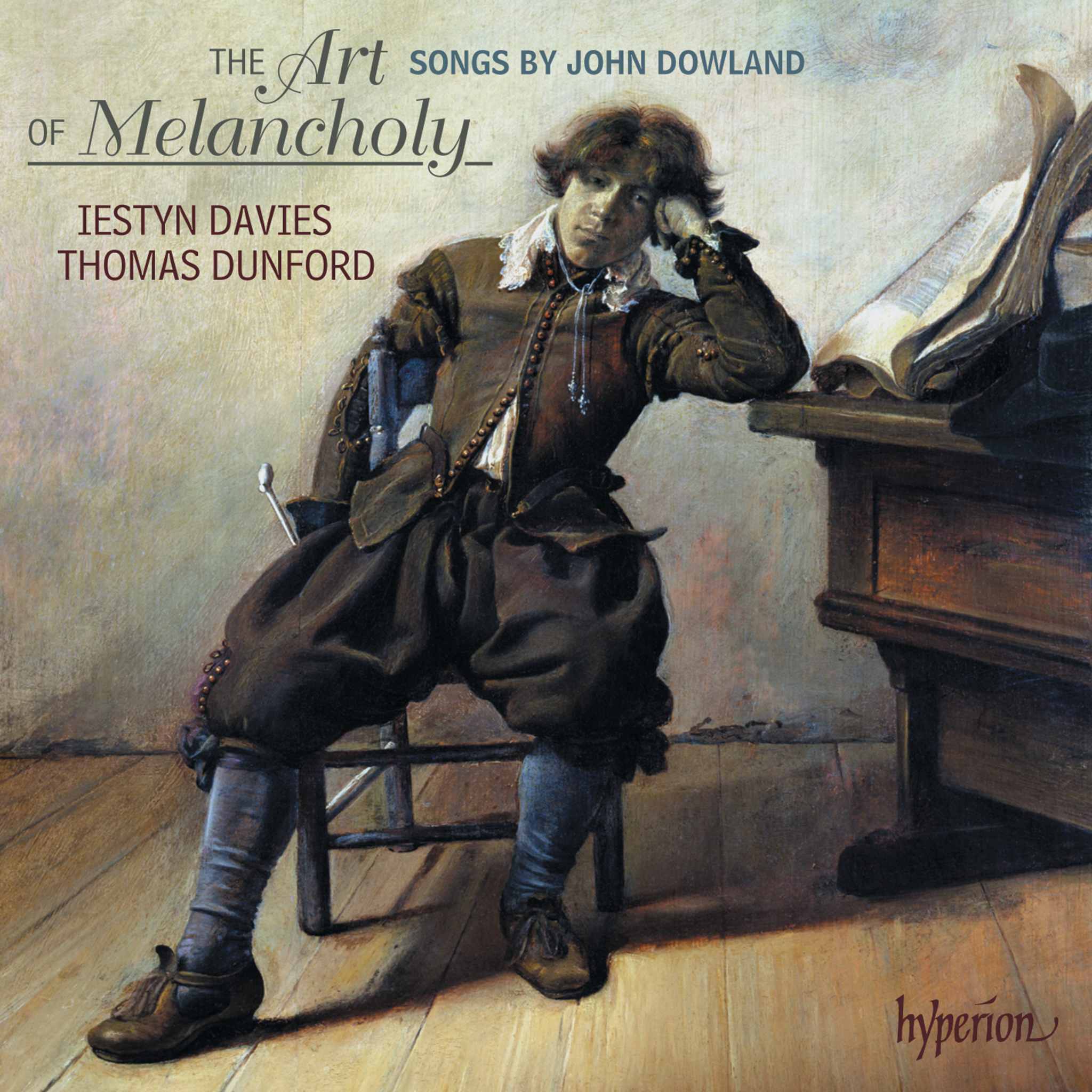Der Adel und die Oper: Eine musikalische Rivalität
In der National Portrait Gallery in London ist ein Gemälde von Philip Mercier zu bewundern, das ein Konzert in den Kew Gardens um 1733 darstellt. Es zeigt adlige Musikliebhaber: Frederick Louis am Violoncello, Anne am Cembalo und Prinzessin Caroline Elisabeth, die Mandoline spielend, während Prinzessin Amelia konzentriert zuhört.
Frederick, Prinz von Wales, war nicht nur ein begeisterter Musiker, sondern auch Förderer der Opera of the Nobility. Ein überlieferter Brief des berühmten Kastraten Farinelli dokumentiert ihre freundschaftliche und musikalische Verbindung.
Die gemeinsamen Musiksessions zwischen dem Prinzen und Farinelli konnten sich über Stunden erstrecken, wobei möglicherweise auch Kantaten von Nicola Porpora gespielt wurden. Diese Kompositionen gelten als gelungene Verbindung zwischen intimer Kammermusik und prachtvollem Operngesang.
Wer die Texte der Kantaten verfasst hat, bleibt ungeklärt. Der angesehene Dichter Metastasio könnte beteiligt gewesen sein, obwohl er solchen Werken anfänglich wenig Bedeutung beimaß.
Die Porpora zugeschriebenen Kantaten beeindrucken durch ihren poetischen Wert. Ihre Interpretation verlangt vom Sänger weniger virtuose Stimmakrobatik als vielmehr ausgefeilte Atemtechnik und elegante Verzierungen.
Die Begleitung durch Cello und Cembalo erschafft eine besondere Klangwelt. Als Höhepunkt gilt die neunte Kantate mit ihren dramatischen Elementen aus der Opera seria.
Würde man weitere Instrumente wie Violine oder Oboe hinzufügen, käme der pastorale Charakter dieser Werke noch stärker zur Geltung. Porpora nutzt musikalische Vielseitigkeit, um die Texte ausdrucksstark zu vertonen.










